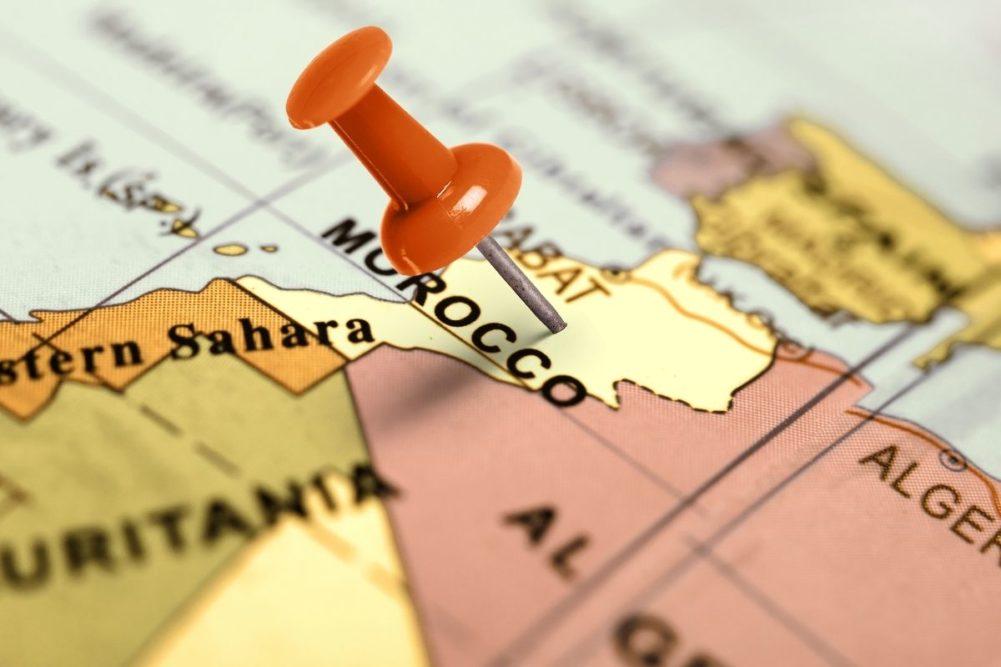RABAT, MOROCCO — Challenged by severe dry and hot weather in January and February, Morocco’s common wheat, durum wheat and barley production is being driven to record lows, according to a Global Agricultural Information Network report from the Foreign Agricultural Service of the US Department of Agriculture (USDA).
Marketing year 2022-23 wheat and barley total harvested area is forecast at 3.8 million hectares (9.39 million acres), about 15% below the five-year average. The USDA expects below-average yields to result in 2.25 million tonnes of wheat and 600,000 tonnes barley, 70% and 78% lower than 2021-22, respectively.
“The fall 2021 Moroccan planting season was one of the driest starts in 30 years, resulting in reduced planted area for grain,” the USDA said.
The lack of production will drive wheat imports sharply higher to the North African nation, forecast at 6 million tonnes, up 10% over 2021-22. Supply disruptions from Ukraine and Russia, which together account for 24% of Morocco’s wheat imports, have increased price volatility.
Wheat consumption is expected to remain steady at 10.8 million tonnes for the nation’s 36.2 million people. Barley, mostly used in animal feed, is forecast at 1.25 million tonnes. Moroccan wheat, flour and bread prices are politically sensitive and strictly managed.
“The government of Morocco has set a measure to subsidize bread wheat (common wheat) imports in response to rising wheat prices due to the war in Ukraine and shipping costs that have surged in recent months,” the USDA said.
There are no official statistics on wheat and barley stocks. However, industry sources indicate that Morocco’s wheat reserve as of March 1, is about 3.6 million tonnes (four months of consumption).






